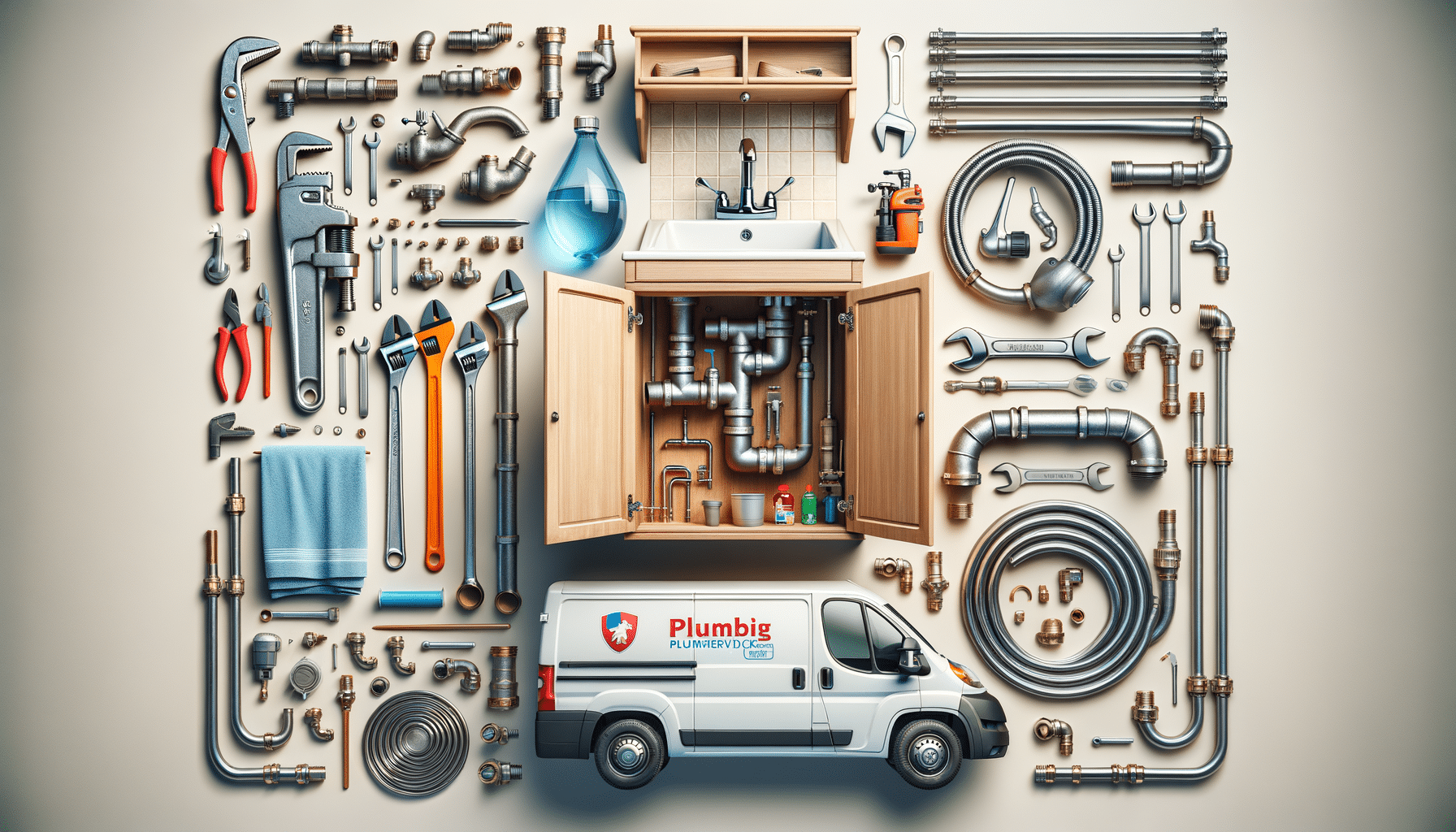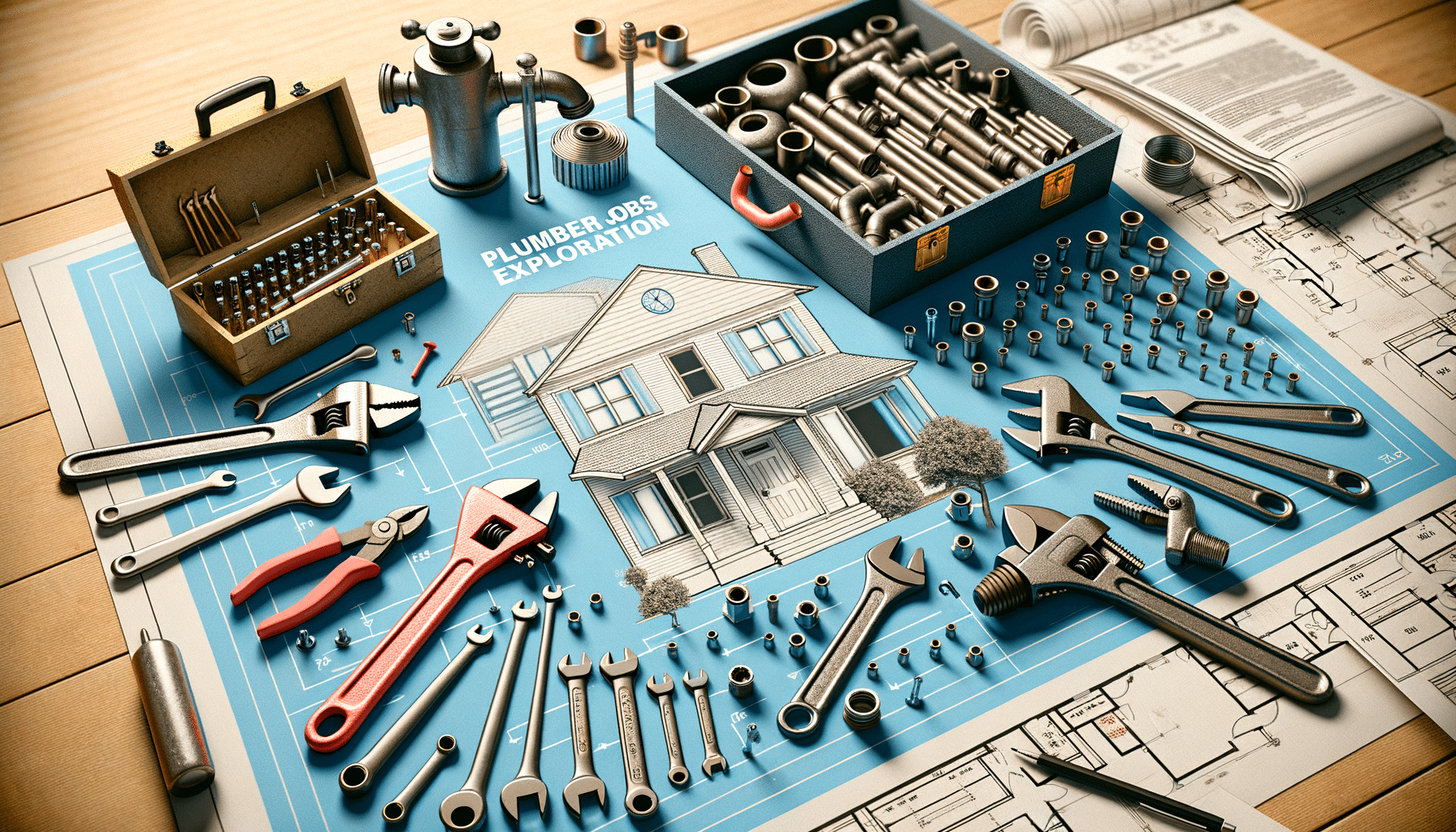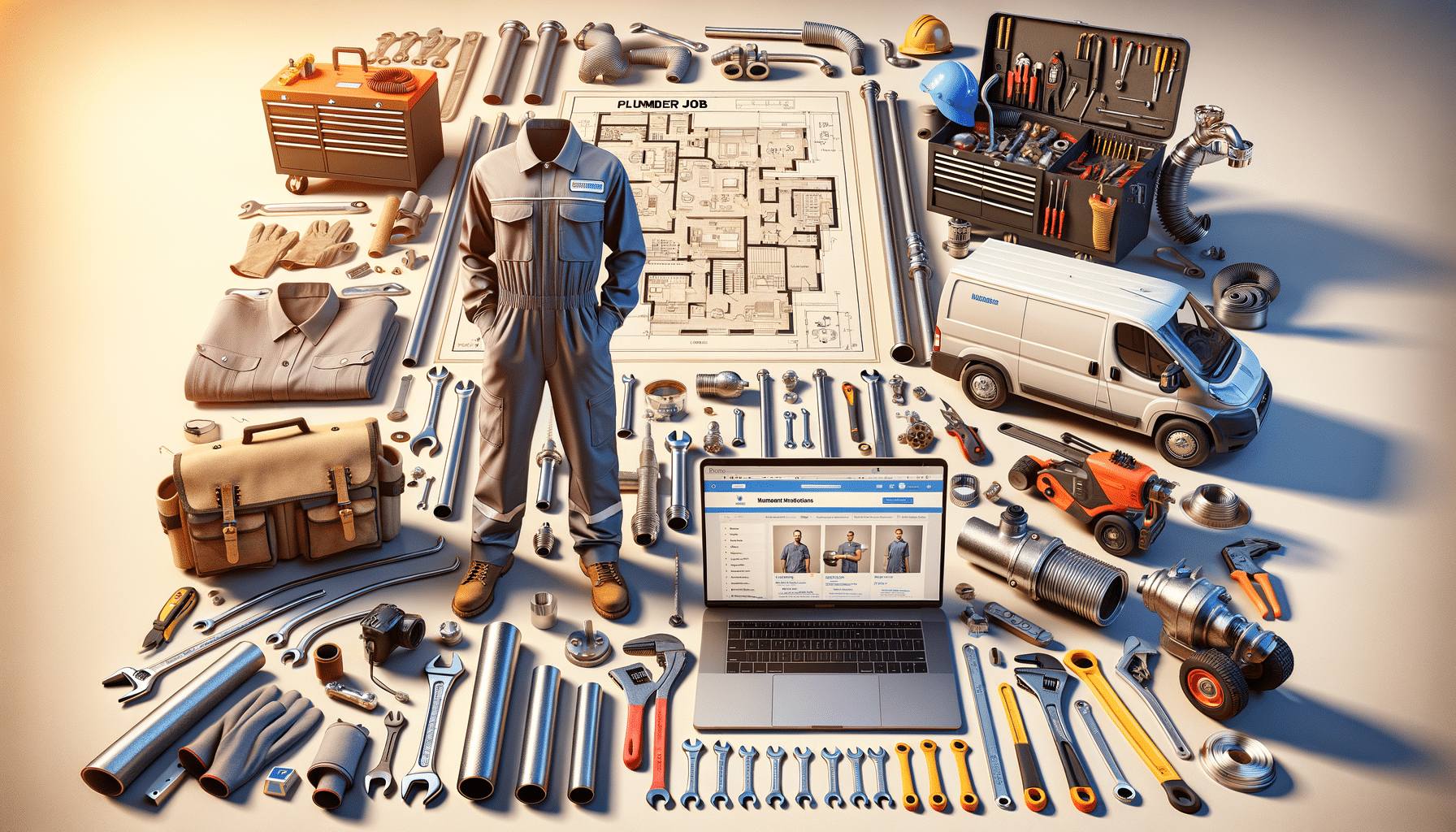
Unlock Exciting Opportunities in the Plumbing Field in Your Area
The Importance of Plumbing in Modern Society
Plumbing is an essential component of modern infrastructure, providing the means to deliver clean water and remove waste efficiently. Without plumbing, cities and towns would struggle to maintain hygiene and health standards, leading to increased disease and discomfort. The importance of plumbing extends beyond mere convenience; it is a critical factor in public health and safety. As urban areas continue to expand, the demand for skilled plumbers grows, making it a promising field for those seeking stable and rewarding careers.
Plumbing systems are responsible for a variety of functions, including water supply, heating, and sanitation. These systems must be designed, installed, and maintained with precision to ensure they operate effectively. The complexity of plumbing systems requires a deep understanding of both the theoretical and practical aspects of the field. This necessity for knowledge and skill makes plumbing a highly respected trade, with opportunities for specialization in areas such as green plumbing, which focuses on sustainable practices and technologies.
In addition to technical skills, plumbers must possess problem-solving abilities and attention to detail. They often work in diverse environments, from residential homes to large commercial buildings, each presenting unique challenges and requiring tailored solutions. The ability to adapt and innovate is crucial in this ever-evolving industry, where new technologies and materials continuously emerge.
Career Paths and Opportunities in Plumbing
The plumbing industry offers a wide range of career paths, each with its own set of challenges and rewards. Aspiring plumbers can choose from various specializations, such as residential plumbing, commercial plumbing, and industrial plumbing. Each area of specialization requires specific skills and knowledge, allowing professionals to tailor their careers to their interests and strengths.
Residential plumbers typically work on home plumbing systems, focusing on tasks such as installing and repairing pipes, fixtures, and water heaters. This path often requires strong customer service skills, as plumbers frequently interact with homeowners to address their needs and concerns. On the other hand, commercial plumbers work on larger-scale projects, such as office buildings and shopping centers. These projects often involve more complex systems and require collaboration with other construction professionals.
Industrial plumbing is another exciting option, involving work in factories, power plants, and other large facilities. This specialization often demands advanced technical skills and knowledge of specific industry regulations. Plumbers in this field may work on intricate systems that require careful planning and execution, offering a challenging and rewarding career for those who enjoy problem-solving and innovation.
In addition to these traditional paths, the plumbing industry is also embracing new technologies and sustainable practices. Green plumbing, for example, focuses on environmentally friendly solutions, such as water-efficient fixtures and solar water heating systems. This specialization not only benefits the environment but also attracts eco-conscious clients, opening up new opportunities for growth and success in the field.
Education and Training for Aspiring Plumbers
Becoming a skilled plumber requires a combination of education, training, and hands-on experience. Most aspiring plumbers begin their journey by enrolling in a vocational or technical school, where they learn the fundamentals of plumbing systems, tools, and materials. These programs typically cover essential topics such as pipe fitting, water distribution, and drainage systems, providing students with a solid foundation in the field.
After completing their formal education, aspiring plumbers often enter apprenticeship programs, which offer valuable on-the-job training under the guidance of experienced professionals. These programs typically last between two and five years, depending on the specific requirements of the region or employer. During this time, apprentices gain practical experience in various aspects of plumbing, from installing fixtures to troubleshooting complex systems.
In addition to technical skills, apprenticeships also emphasize the importance of safety, communication, and customer service. Plumbers must be able to work effectively with clients, colleagues, and other professionals in the construction industry. Developing strong interpersonal skills is crucial for success in this field, as it helps build trust and rapport with clients and ensures smooth collaboration on projects.
Upon completing their apprenticeship, plumbers may choose to pursue additional certifications or licenses, depending on the requirements of their region. These credentials demonstrate a plumber’s expertise and commitment to the profession, often leading to increased job opportunities and higher earning potential. Continuing education is also essential in this field, as new technologies and regulations constantly emerge, requiring plumbers to stay up-to-date with industry advancements.
Challenges and Rewards of a Plumbing Career
A career in plumbing offers numerous rewards, but it also comes with its share of challenges. One of the primary challenges faced by plumbers is the physical nature of the job. Plumbers often work in tight spaces, requiring strength and dexterity to maneuver pipes and tools. Additionally, they may need to work in various weather conditions, both indoors and outdoors, depending on the project.
Despite these challenges, many plumbers find the work highly rewarding. The satisfaction of solving complex problems and providing essential services to communities is a significant motivator for those in the field. Plumbers play a crucial role in maintaining public health and safety, making their work both meaningful and impactful.
Another rewarding aspect of a plumbing career is the potential for financial stability and growth. Skilled plumbers are in high demand, and their expertise is often well-compensated. As plumbers gain experience and develop specialized skills, they may have the opportunity to advance to higher-paying positions or even start their own businesses.
Furthermore, the plumbing industry offers job security, as the need for plumbing services remains constant regardless of economic fluctuations. This stability makes plumbing an attractive career choice for those seeking long-term employment and growth opportunities.
In summary, while a plumbing career presents certain challenges, the rewards and opportunities for personal and professional growth make it a worthwhile pursuit for those interested in the field.
The Future of Plumbing: Trends and Innovations
The plumbing industry is continuously evolving, with new trends and innovations shaping the future of the field. One of the most significant trends is the growing emphasis on sustainability and environmental responsibility. As concerns about climate change and resource conservation increase, the demand for green plumbing solutions is expected to rise.
Green plumbing involves the use of eco-friendly materials and technologies to reduce water consumption and energy use. Some examples include low-flow fixtures, rainwater harvesting systems, and solar water heating. These innovations not only benefit the environment but also help clients save on utility bills, making them an attractive option for both residential and commercial projects.
Another trend in the plumbing industry is the integration of smart technology. Smart plumbing systems use sensors and automation to monitor water usage, detect leaks, and optimize efficiency. These systems can be controlled remotely via smartphones or tablets, offering convenience and peace of mind to users. As technology continues to advance, smart plumbing is expected to become more prevalent, providing new opportunities for innovation and growth in the field.
In addition to these trends, the plumbing industry is also experiencing a shift towards more diverse and inclusive workplaces. As the demand for skilled plumbers grows, the industry is actively working to attract a broader range of candidates, including women and minorities. This push for diversity not only helps address labor shortages but also brings fresh perspectives and ideas to the field, driving further innovation and progress.
Overall, the future of plumbing is bright, with numerous trends and innovations paving the way for continued growth and success. As the industry adapts to changing demands and embraces new technologies, aspiring plumbers can look forward to exciting opportunities and a rewarding career in this essential field.


